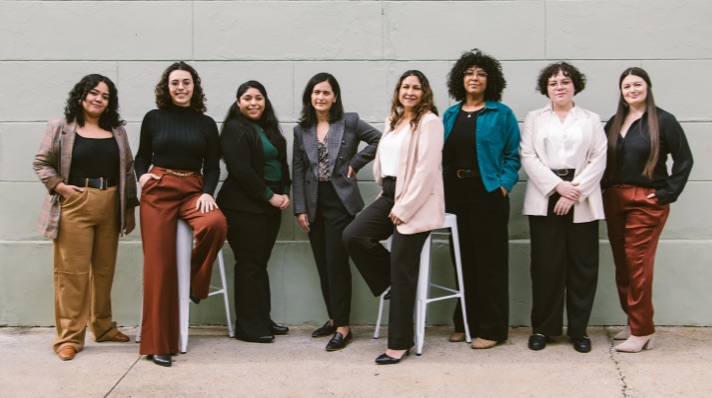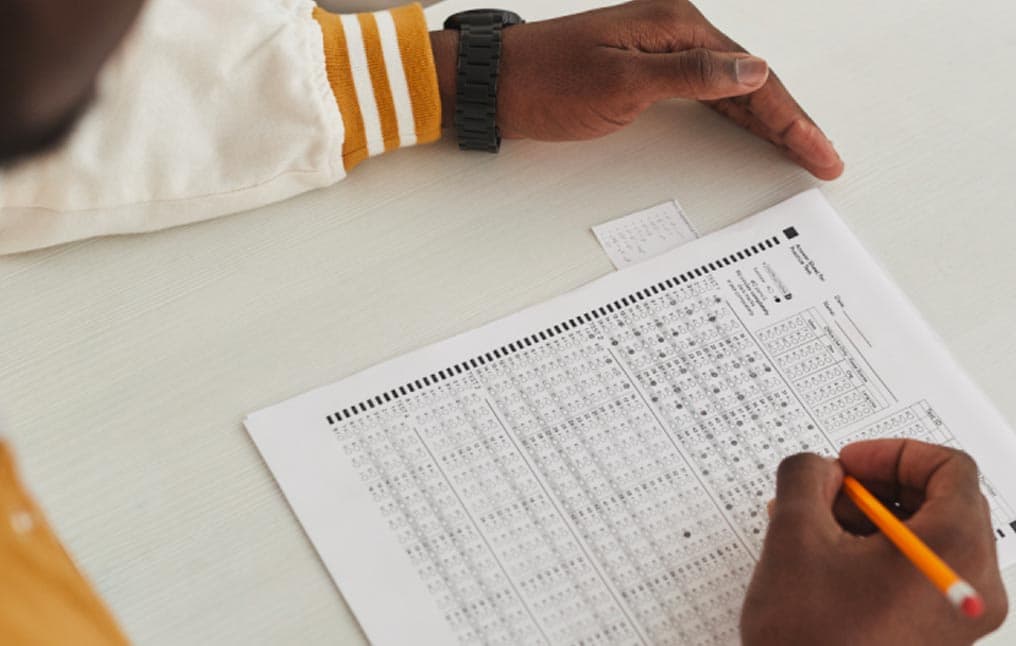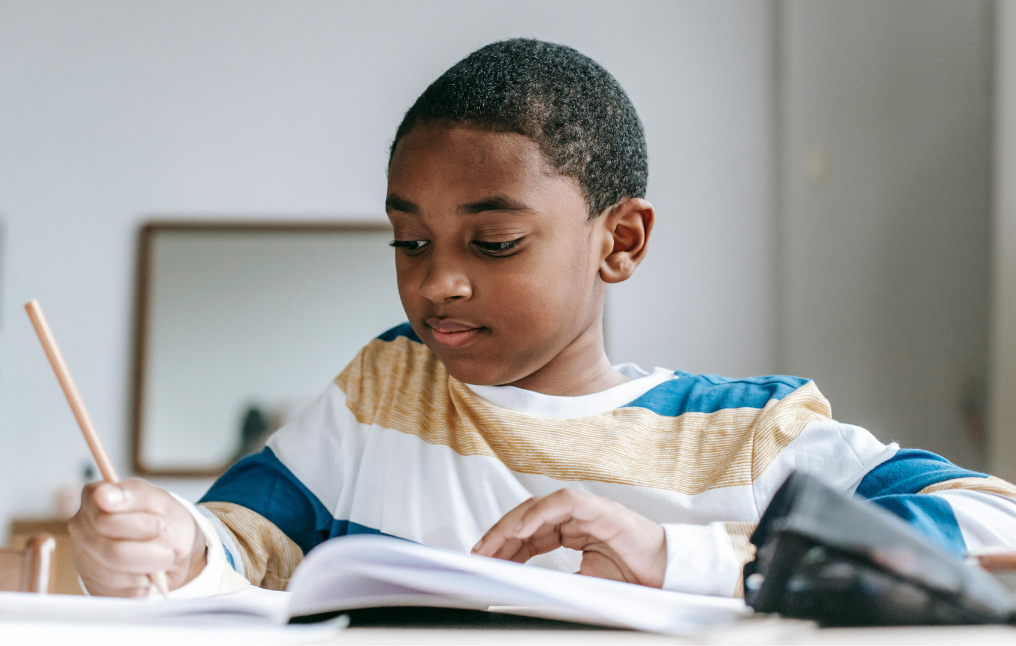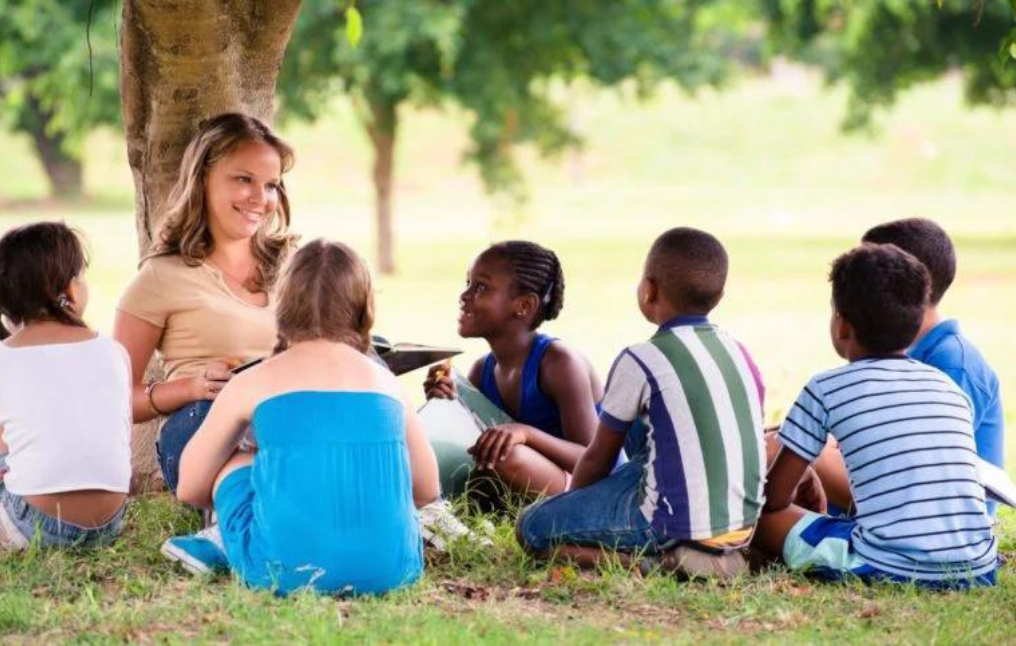Shifting to a National Assessment of Our Educational Priorities
As 2022 comes to a close, we at EduDream are reflecting on what 2023 will bring for students who are now back in school for their second year of “normal” in-person learning. How are children really doing – academically, socially, and emotionally? In 20 years, will we be proud of how we collectively supported students in the aftermath of the pandemic? Which students continue to lack access to educational opportunities? What pandemic-engendered school innovations have taken hold or still have the potential to take hold, and what are we collectively doing to elevate these new approaches to accelerate student learning and well-being?
“Scouring NAEP scores is an ineffective and outdated approach to understanding and improving student learning, and a distraction from the fundamental questions we must reflect and act upon.”
In October, we observed the largest-scale “learning loss” headlines in years. But scouring NAEP scores is an ineffective and outdated approach to understanding and improving student learning, and a distraction from the fundamental questions we must reflect and act upon. As scholars have noted, NAEP scores are far too narrow an indicator of college-and-career readiness and are more often reflective of out-of-school factors, such as poverty and inadequate health care, than the in-school factors that education leaders can control. Perhaps most importantly, given the crisis in mental health among our children and adolescents, NAEP scores are absent of any representation of whole child learning and well-being.
For these reasons, EduDream and many others are calling for education leaders to explore and implement innovative accountability and assessment systems that better reflect our shared educational priorities at the local, state, and federal levels. What are our educational priorities in the current national context, and how can we better assess those?
Here are four questions to ask:
- How high of a priority are math and reading compared to other content areas?
Are we so focused on these two subjects because they are more foundationally important, or because historically these are areas where we have collected the most assessment data? If the latter, is this still the case, or do innovations in assessments allow us to measure progress in other content areas at scale?
- Have we struck the right balance between academics and student safety and well-being?
Students experienced loss, grief, and depression at a detrimental rate during the pandemic. Their mental and emotional wellness is far more precarious than NAEP scores (see here, here, and here), which undoubtedly impacts their academic performance overall. Though the COVID-19 death rate is down and students are back in schools, they now worry about school safety. The school shooting in St. Louis, Missouri occurred on the same day NAEP scores were released but hardly registered in the news. Of course, we cannot drop all academic standards in response to horrific events, but are we giving these issues the level of attention that reflects our collective values?
- Are we sufficiently prioritizing the role of schools in supporting our democracy?
With students back to in-person learning after a collective mix of trauma and reflection, are there “low-hanging fruit” opportunities to channel student voices about our collective educational priorities, in ways that feed student engagement, and national goals around democracy and civic-mindedness?
- Which innovations are we prioritizing, and are we prioritizing them enough?
There has been much discussion of educational innovation during the pandemic, but have we adequately identified the bright spots where students are bouncing back and thriving most? Are we prioritizing measuring and replicating these innovative avenues to inform equitable policy decision-making that improves our education system at large?
Our nation needs a new framework. Standards-based reform as we know it no longer works. The new framework should provide data that sufficiently answers parents’ most pressing questions about their students’ academic progress and social-emotional well-being. Most of all, it should reflect our true shared educational priorities.
This spring, EduDream launched the K12 Research for Equity Hub (The Hub) to answer some of these questions. The Hub will explore new paradigms for our nation’s accountability and assessment policy that reflect our educational priorities beyond math and reading, and we invite you to be part of this effort. Twenty years from now, we want to look back with pride knowing the equity-centered research we are leading today, elevated the voices of racially and economically diverse students, families, and communities to play a critical role in building a reimagined education system that celebrates and uplifts our children to actively pursue their dreams. You can read also read the latest research from The Hub and stay connected with The Hub’s work by following us on Twitter and LinkedIn.




